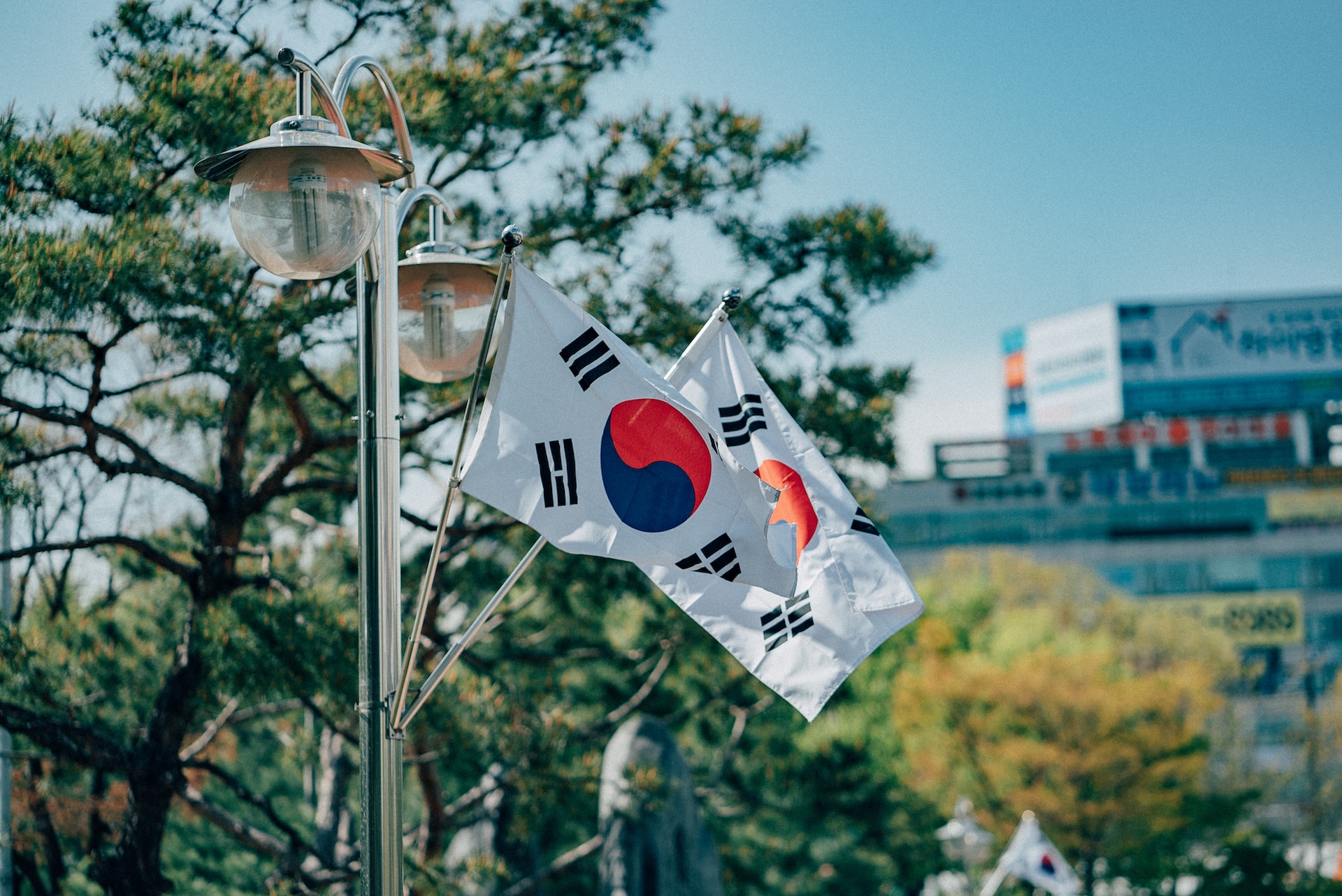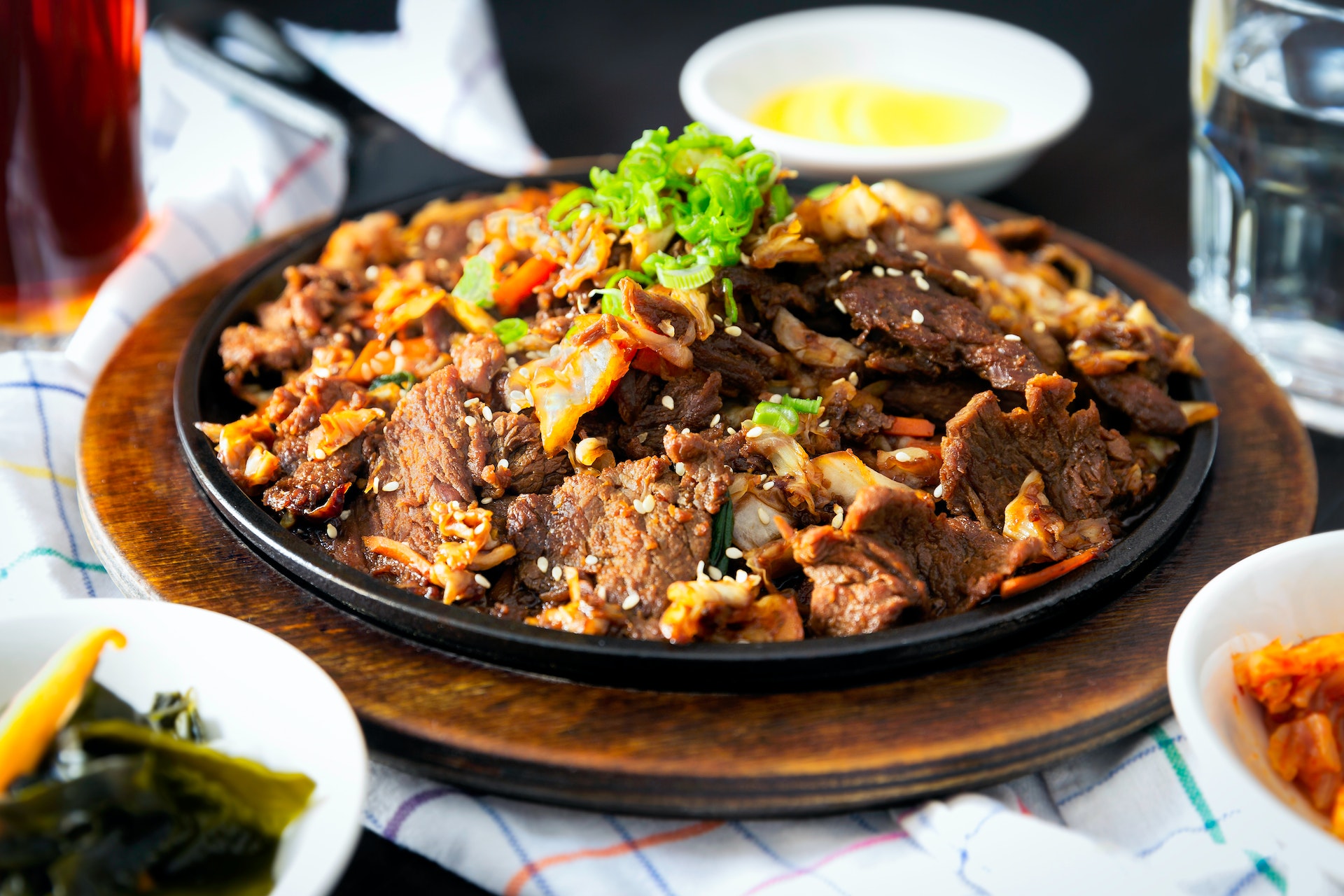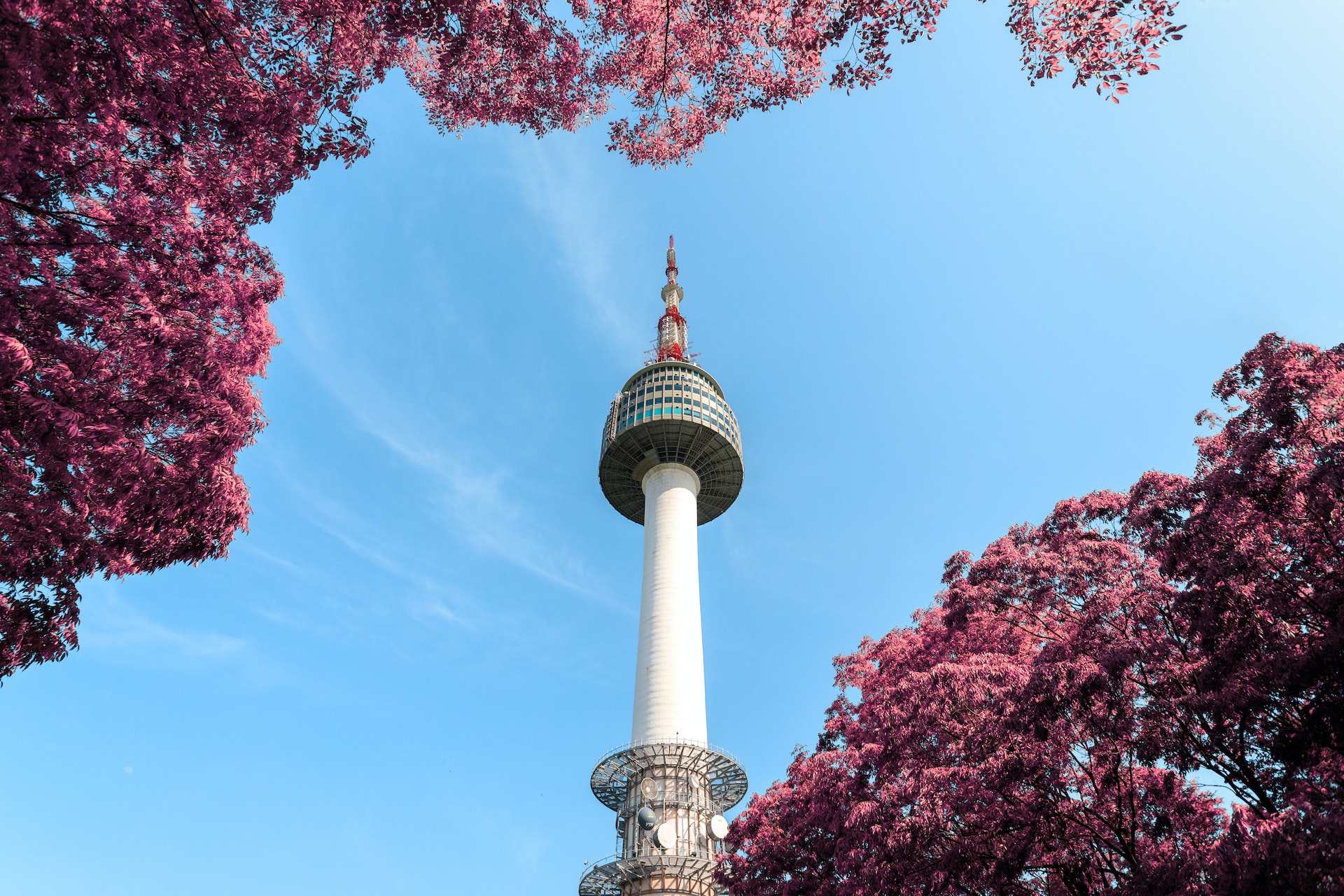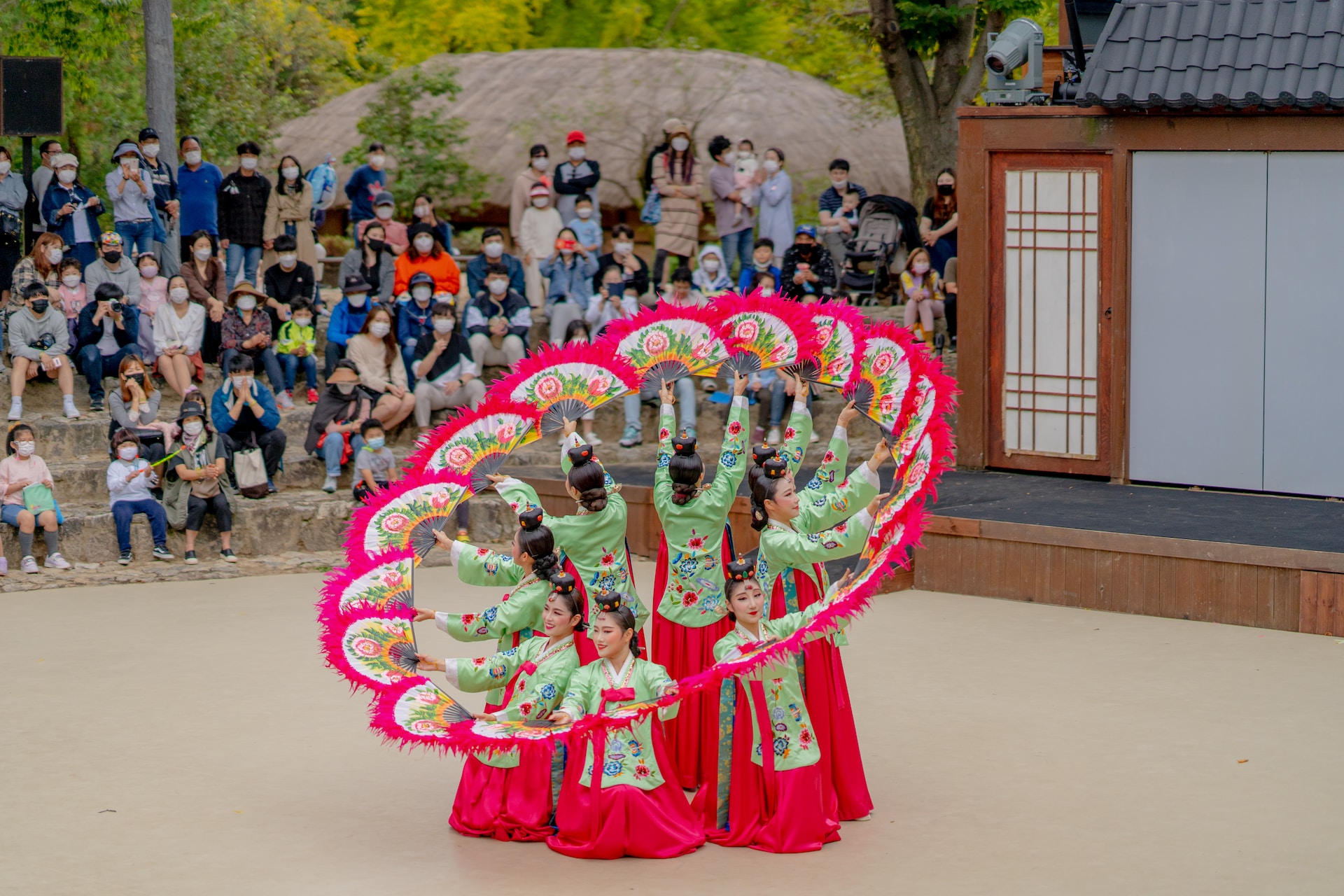For those interested in learning Korean, there’s never been a better time to start. Korean culture has become increasingly popular around the world, from K-pop music to Korean dramas and cinema, and the country’s global influence is only continuing to grow. In this article, we’ll explore seven reasons why now is a perfect time to learn the Korean language, including its vibrant pop culture, fascinating ways of life, and dynamic fashion and beauty industry. Whether you’re a language enthusiast or simply curious about Korean culture, read on to discover why you should consider learning Korean today.
Interesting facts about Korean
Korean is an Altaic language which is spoken by 80 million people in South Korea and North Korea. Outside of Korea, it’s also spoken in parts of Sakhalin, which is a Russian island, and Jilin province in China, where it’s recognized as a minority language.
You might think that the Korean writing system is difficult to learn, but it isn’t. Korean has its own alphabet called Hangeul (한글) which consists of 24 letters, and learning it will take you just a couple of hours, if even that. In addition to that, the writing system is also incredibly logical.
Korean shares many similarities with Japanese and Chinese, which makes learning both of these languages a lot easier if you already know Korean.

Learn Korean smarter and faster
Are you ready to learn Korean? Here are 7 reasons to convince you
Korean food
If you’ve tried Korean food then you know how delicious it is. Korean cuisine has been recognized as one of the healthiest and tastiest in the world. From the famous Korean barbecue (고기구이), kimchi (김치), and gimbap (김밥), to lesser-known dishes such as dakgangjeong (닭강정), doenjang-jjigae (된장찌개), and sokkoritang (소꼬리탕), Korean food is an explosion of delicious flavors.
Learning Korean before traveling to Korea can prove to be incredibly helpful, particularly in understanding menus and the spoken language. Knowing the language can help you better understand the cuisine and allow you to appreciate it even more by exploring Korean markets and regional specialties like dwaeji gukbap (돼지국밥) in Busan or makchang (막창) in Daegu. Although you can certainly enjoy Korean cuisine regardless of whether you know the language or not, being able to speak Korean allows you to fully appreciate and immerse yourself in the experience.
Korean Pop Music
K-pop has become a global sensation ever since “Gangnam Style” broke out of South Korea and became known globally. It’s now one of the driving forces behind the Korean wave. Korean pop music is known for its catchy beats, stylish fashion, and elaborate dance moves.
Despite only becoming known worldwide in the last ten years, K-pop has existed for several decades, with the first K-pop group, The Kim Sisters, dating back to the 1950s. With groups like BTS, Blackpink, and Twice, K-pop has become very influential in the music scene outside of South Korea.
Most of us support our favorite singers or bands by watching their music videos or streaming their songs. K-fans have taken being a fan to the next level, as they show their support in many more ways than in Western fandom culture. They have their own fandom names, which nowadays many Western fans have as well, but they also have their fandom colors and lightsticks which they take to concerts of their favorite groups or singers to create a sea of light in the audience.
So, for fans of K-pop, learning Korean helps to understand and to get to know the cultural context behind the idols and their lyrics better. In addition, it can help you to connect better with the local K-fans. For creatives and media professionals, it can give an insight into what’s behind the immense popularity of Korean pop music. Here are some K-pop music videos that you should take a look at:
Korean Drama and Cinema
For many people, K-dramas and cinema are how they were introduced to the Korean language. Their popularity has skyrocketed in recent years, and they’re known for their intriguing storylines and brilliant cinematography. This makes them an excellent tool for language learners, and because of the wide selection of dramas in different genres, you can be sure to find one that interests you.
Understanding Korean can help you fully appreciate and immerse yourself in these shows and movies, because it helps you to better understand cultural nuances, humor, and idiomatic expressions that otherwise would get lost in translation. It can also improve your listening and comprehension skills, as well as your ability to recognize different accents and speech patterns. Plus, it’s a fun way to immerse yourself in Korean culture and learn more about the country’s history and customs. Learning Korean is an obvious choice if you wish to fully appreciate romantic dramas and cinema. To get you started, here are a few recommendations which you can find on streaming platforms like Viki and Netflix.
Reply 1988
This is a drama series that follows the lives of five childhood friends in the late 1980s. Set in the Ssangmundong neighbourhood of Seoul, the friends support each other through their challenging teen years as they struggle with family, school, and future paths. As they get into and out of mischief together, the experiences from their memorable times will stay with them into their future lives. Reply 1988 is the third instalment of the Reply dramas, following Reply 1997 and Reply 1994, but with new characters and stories.
Crash Landing on You
Yoon Se-ri is a wealthy South Korean businesswoman who crashes into the North Korean DMZ while paragliding. She is saved by Ri Jeong-hyeok, a North Korean army captain, and they fall in love as he helps her to return to the south. However, they must navigate the dangerous political situation and hide their relationship from others, particularly a man who is trying to expose Jeong-hyeok.
Korean Relationships
Korean culture places a strong emphasis on respect for elders and hierarchy, and this is reflected in the language through verb endings and honorifics. Depending on the speaker’s relationship with the listener and their social status, the way of speaking can change. Middle-aged women, for example, are called ajumma (아줌마) and middle-aged men ajeossi (아저씨). This adds depth and nuance to the language and reflects the importance of social hierarchy in Korean culture. By learning Korean, you can understand the subtleties of Korean social interactions, including the use of honorifics and formal language.
Additionally, when you speak Korean with native speakers, they are often impressed and appreciative of your efforts to learn their language, as Korean is perceived as a challenging language to learn. It can be a great way to connect with Korean people and build relationships.
Romantic relationships differ from Western relationships in many ways. In addition to Valentine’s Day, couples in Korea also celebrate White Day, Pepero Day, and Christmas. The 14th of every month is also a small holiday to celebrate with a different theme every time. Couples also like to dress up in the same outfits, which makes it obvious to others that they are together. Instead of celebrating their anniversary once per year, the couples celebrate it every 100 days.
Understanding Korean can help you better communicate with Koreans and develop meaningful relationships with them. Whether you are interested in making friends or pursuing a romantic relationship with a Korean native speaker, knowing the language can help you connect on a deeper level.
Career Opportunities in Korea
South Korea is one of the fastest-growing economies in the world, and the nation’s electronics industry is one of the most fiercely competitive in the world. Companies like Samsung, Hyundai, and LG are global players and leaders in innovation, and they are always seeking top talent from around the world to help drive their success even further.
If you’re considering advancing your career in the tech industry, learning Korean could give you a competitive edge in the job market. It’s an especially valuable skill in the fields of technology, finance, and trade, where many of the top companies are based in South Korea.
Koreans value perfectionism in the academic system. This is why native English speakers are highly prized when it comes to learning English, which gives English natives more opportunities to work in South Korea, since the basic requirements are a bachelor's degree and TEFL certification. Although knowing Korean isn’t expected to teach English in Korea, it would still be a great benefit, as it would help you connect better with your students and work colleagues.
Even if you have no intention of working for a Korean organization, learning Korean can be highly advantageous. If your current employer has ambitions to expand into the Korean market, having a knowledge of the language could be a valuable asset. Although English is a widely spoken language, demonstrating your proficiency in Korean to potential business partners can leave a positive impression and minimize the potential for miscommunication.
Korean Ways of Life
Korean culture is a lot more than just K-pop and K-dramas. It has a lot to offer in terms of customs, lifestyle, and wellness and is strongly influenced by Confucianism and Buddhism. The influence of these religions can be seen even in modern Korean culture and in social life via demonstrations of respect for elders and family. In Korea, there are specific customs and etiquette that are observed on various occasions, such as when meeting people, dining, praying, and celebrating. It’s common to bow when greeting someone, instead of shaking hands as we do in the West.
Koreans take their wellness seriously, and there is a special type of bathhouse called a jjimjilbang (찜질방), which literally means “heated room.” This is different from a traditional Finnish sauna, since jjimjilbangs have a separate sauna and bath section. It’s common for groups of friends to go to a bathhouse together.
Korea has also a lot to offer when it comes to traditional arts. Korean national music is called Gugak (국악), and it includes many different styles. During the Joseon Dynasty, court music was reformed, which led to the creation of special ritual music such as Jongmyo Jeryeak (종묘제례악), which is performed during the royal ancestral ritual and is inscribed on UNESCO’s Representative List of the Intangible Cultural Heritage of Humanity.
Korea has its own traditional folk art called Minhwa (민화). The literal meaning of Minhwa is “painting of the people,” and it typically depicts everyday life, religious themes, and moral lessons. It often features animals, birds, and plants, as well as human figures.
If you’re interested in traditional Korean culture and arts, then learning Korean will be beneficial in helping you learn more about it.
If you want to make most of your Korean lifestyle, make sure to setup your Korean eSim on time to facilitate your internet access while in Korea.
Korean Fashion and Beauty
Korea is incredibly influential and innovative in the world of fashion and beauty. Korean fashion and beauty have also gained a lot of popularity in recent years, with the beauty industry making revenue of USD 8.30 billion in 2021, and by the year 2030, it’s expected to rise to USD 18.32 billion.
With fashion and beauty also come influencers and gurus. The rise of influencers came in 2015, and there has been a constant increase in popularity since. Some of the most popular beauty gurus today are PONY Syndrome, Risabae, and Hyojin Cho. You should definitely take a look at them if you want to study Korean and have an interest in K-beauty.
If you’re interested in fashion and beauty, learning Korean can be incredibly beneficial. It can provide you with access to the latest news, trends, and insider information about Korean fashion and beauty that would otherwise be lost. Additionally, knowing Korean can help you better understand the cultural context behind different fashion and beauty trends, as well as the marketing strategies used to promote them.
Do you need more reasons to learn Korean?
The seven reasons that we presented here aren’t even close to all that Korea has to offer. Did you know that South Korea is the top player in the E-sports world, and that it is considered a real sport? It has become a billion-dollar industry, and E-sports tournaments take place in large, sold-out stadiums.
Korea also has its own martial art called Taekwondo (태권도), which became an official Olympic sport in 2000 and has taken part in the Summer Olympics ever since. The name is composed of three Korean words: tae means foot, kwon means fist, and do means way or discipline.
Start learning Korean with Lingvist
The reasons we’ve explored in this article are just a few of many reasons why there’s never been a better time to learn Korean. The Korean wave has created an excellent opportunity to learn and appreciate Korean culture. So, if you’re ready to start your journey and learn Korean online, Lingvist is the perfect place to begin.
Our comprehensive course can help you learn Korean and master the alphabet quickly and efficiently. Start learning Korean with Lingvist, and sign up today to take advantage of our free trial.









